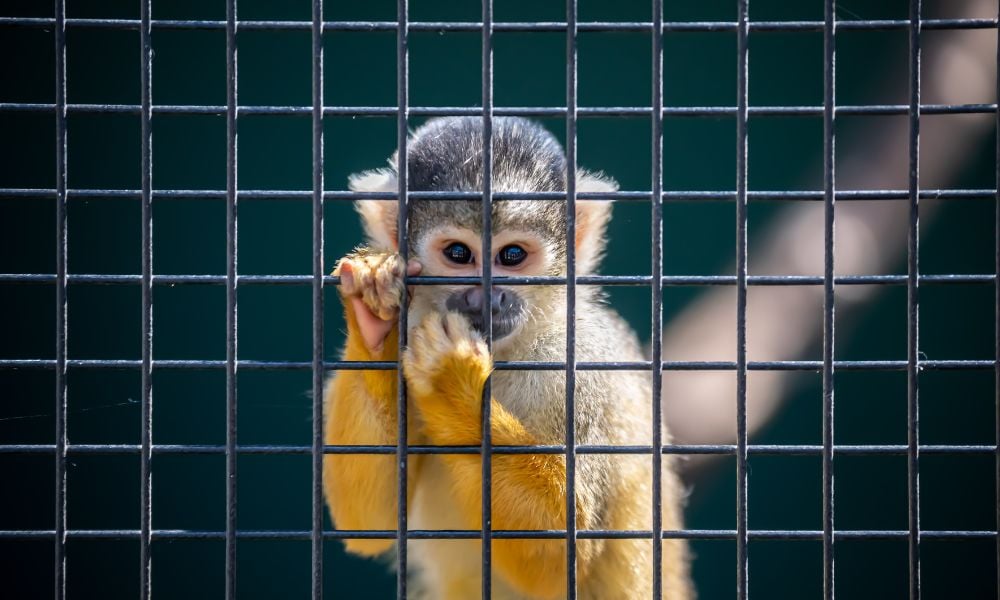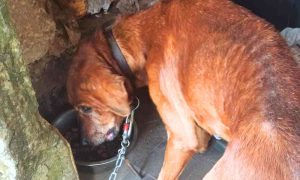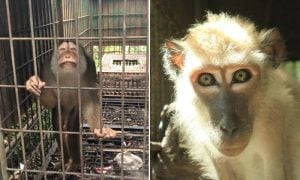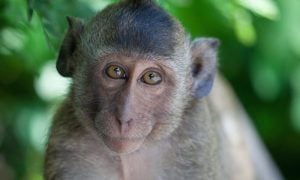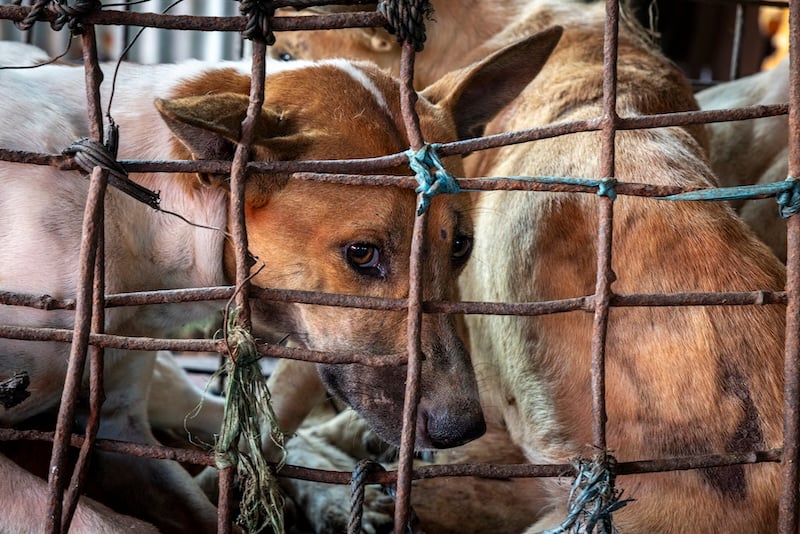“Pet” monkeys may soon become illegal for most people in England under a new law that has passed the House of Commons and is headed to the House of Lords.
Under the proposed legislation, a new licensing plan will set “strict rules to ensure that only private keepers who can provide the highest welfare standards will be able to keep primates,” according to a Department for Environment, Food, and Rural Affairs statement.
The proposed welfare standards — designed to meet monkeys’ complex social, physical, and psychological needs — would make it nearly impossible for individuals to be approved for licensure.
Throughout the UK, an estimated 5,000 monkeys — including marmosets, lemurs, capuchins, and squirrel monkeys — have been torn away from their mothers as babies only to be crammed into tiny cages where they suffer lonely, confined lives. Mothers are often killed in order to capture the baby monkeys.
Monkeys are extremely social and intelligent animals who need mental, social, and physical interaction with other monkeys. Many people who keep monkeys in domestic settings do not realize that they have complex veterinary needs, may bite, and tend to be destructive when their complex needs are inevitably unmet.
“We’ve had over 150 primates come to us over the years and, without exception, every single one has had physical or psychological problems or, in many cases, both,” Rachel Hevesi, the director of the Wild Futures primate sanctuary told The Guardian.
This sentiment echoes Lady Freethinker’s findings that primates suffer when they are kept as “pets.”
If passed, these new regulations will go into place by April 2026 and will be enforced by local authorities. Anyone with a primate in their home will be required to obtain a license and failure to do so could result in the primate being taken away for the animal’s protection. Licenses will be valid for a maximum of three years and will require at least one home inspection during that time.
Lady Freethinker has petitioned for England to outlaw the horrific abuse suffered by wild primates kept as “pets.”
We applaud England’s House of Commons for passing this new legislation and encourage the House of Lords to do the same, in order to save thousands of wild primates from a life of misery in captivity.

